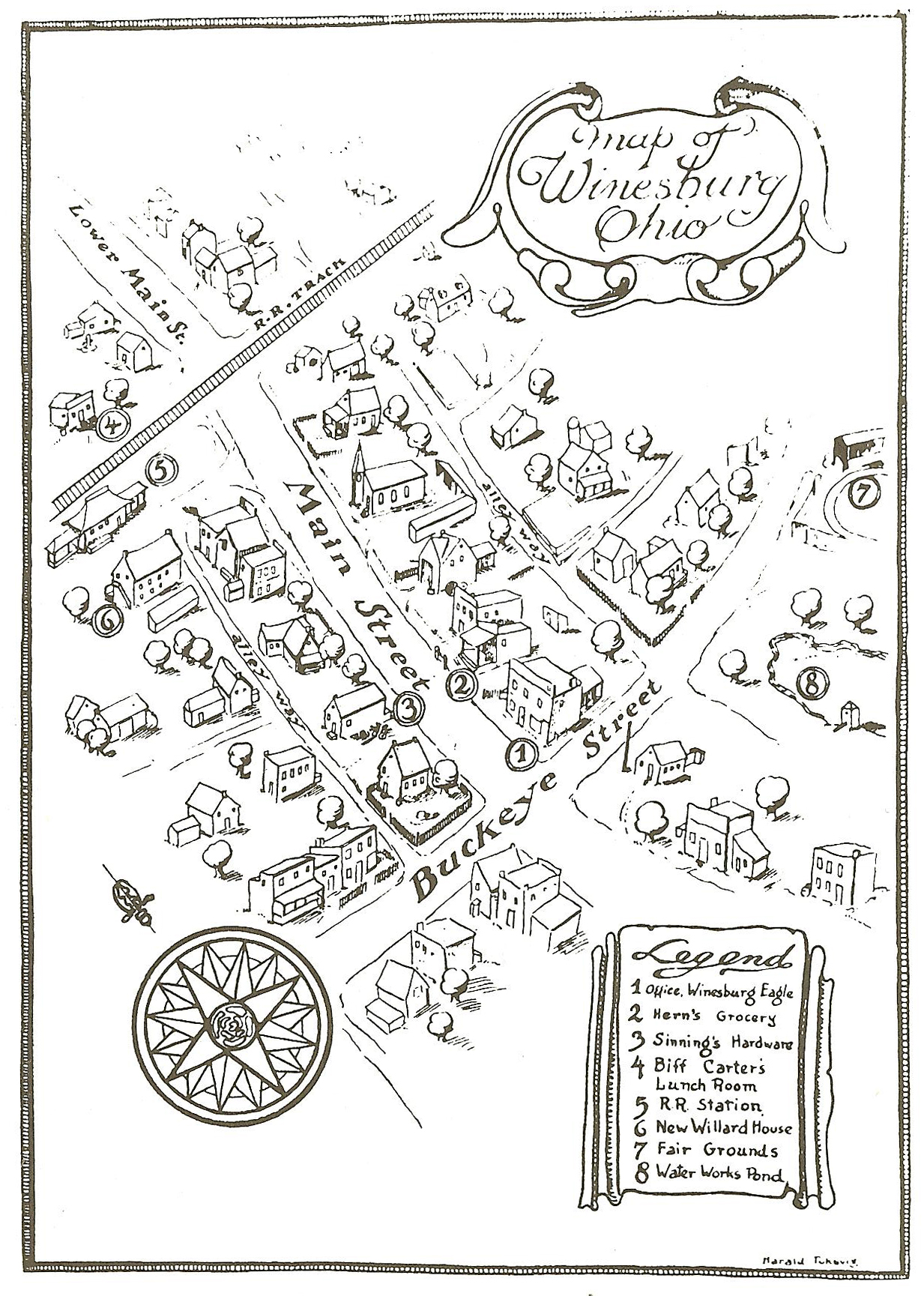INTERVIEWER
Can you say how you started as a writer?
FAULKNER
I was living in New Orleans, doing whatever kind of work was
necessary to earn a little money now and then. I met Sherwood Anderson. We
would walk about the city in the afternoon and talk to people. In the evenings
we would meet again and sit over a bottle or two while he talked and I
listened. In the forenoon I would never see him. He was secluded, working. The
next day we would repeat. I decided that if that was the life of a writer, then
becoming a writer was the thing for me. So I began to write my first book. At
once I found that writing was fun. I even forgot that I hadn't seen Mr. Anderson
for three weeks until he walked in my door, the first time he ever came to see
me, and said, “What's wrong? Are you mad at me?” I told him I was writing a
book. He said, “My God,” and walked out. When I finished the book—it was Soldier's
Pay—I met Mrs. Anderson on the street. She asked how the book was
going, and I said I'd finished it. She said, “Sherwood says that he will make a
trade with you. If he doesn't have to read your manuscript he will tell his
publisher to accept it.” I said, “Done,” and that's how I became a writer.
INTERVIEWER
You must feel indebted to Sherwood
Anderson, but how do you regard him as a writer?
FAULKNER
He was the father of my generation
of American writers and the tradition of American writing which our successors
will carry on. He has never received his proper evaluation. Dreiser is his
older brother and Mark Twain the father of them both.










